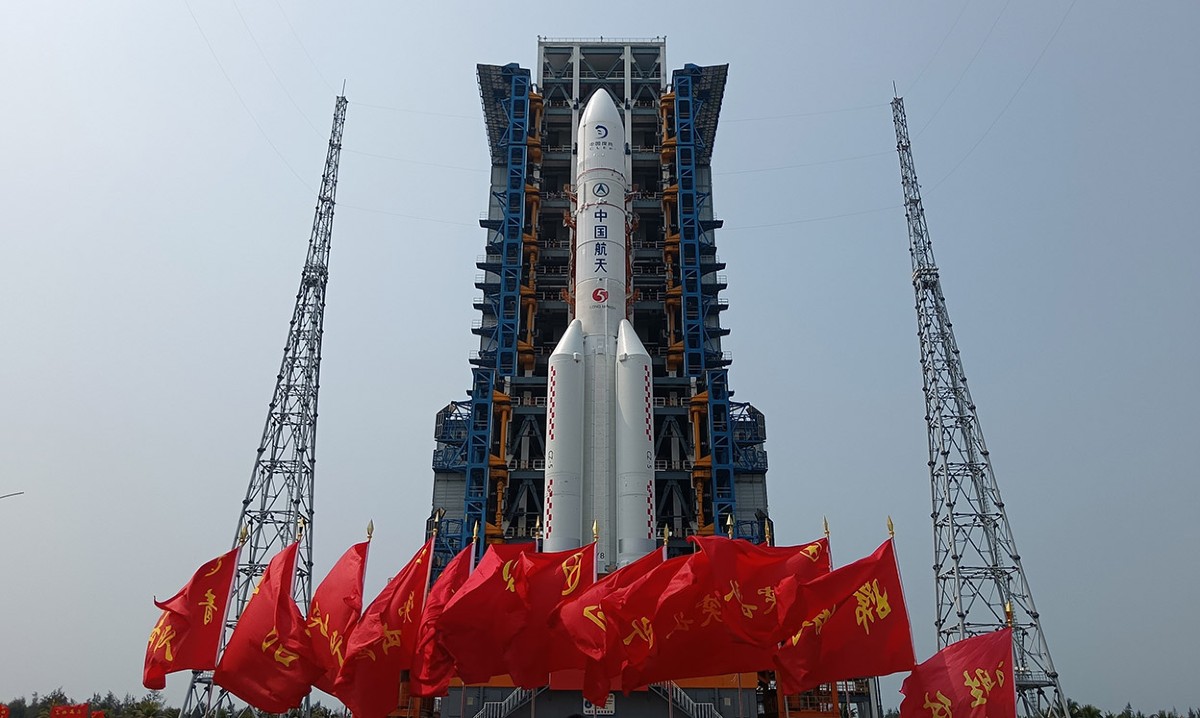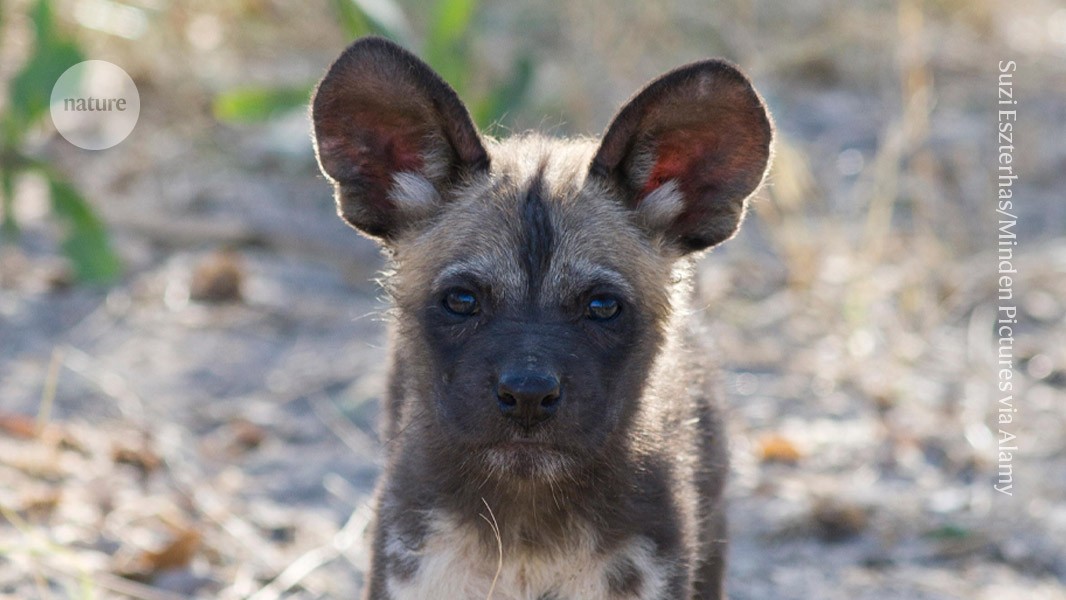“Germany used to be NATO’s eastern flank, and we could always rely on our NATO allies,” he said. Three decades later, “the eastern flank is the Baltics, Poland, Slovakia.”
As the largest economy in Europe and a vital member of NATO, Mr. Pistorius said, “Germany, of course, is willing and will be able to take responsibility now for the new eastern flank.”
Lithuania’s president, Gitanas Nauseda, praised the German decision and said his country had started building for the brigade and hoped to finish by 2025 or 2026. “The alliance is as strong as its most exposed spots,” he said.
Lithuania now spends 2.5 percent of its gross domestic product on defense, above the NATO target, and is working to increase its own active-duty forces in the next seven years to one division of 17,000 to 18,000 troops.
NATO supports Germany’s decision for a brigade in Lithuania, Admiral Bauer said. But he added that most allies would continue to plan for rapid deployment of more forces in a crisis rather than stationing them permanently at the front, partly because of expense and partly out of caution — a war could start with troops in the wrong place, and massed troops could be exposed to a first attack.
Despite all of the reassurances, the Balts feel vulnerable, given their size and their neighbor. And they feel that their past warnings about the imperial intentions of President Vladimir V. Putin of Russia were played down by larger, more distant allies, like Germany. One of those most outspoken early about the Russian threat and NATO complacency was the former president of Lithuania, Dalia Grybauskaite.
So it was a strong and symbolic gesture that after the exercise, Mr. Pistorius presented a special award named after Manfred Wörner, the only German to be secretary general of NATO, to Ms. Grybauskaite.






More News
ABC News’ President, Kim Godwin, to Step Down
Opinion | Marjorie Taylor Greene Is Not as Powerful as She Thinks She Is
How to Know When a Good Dog Has Gone Bad